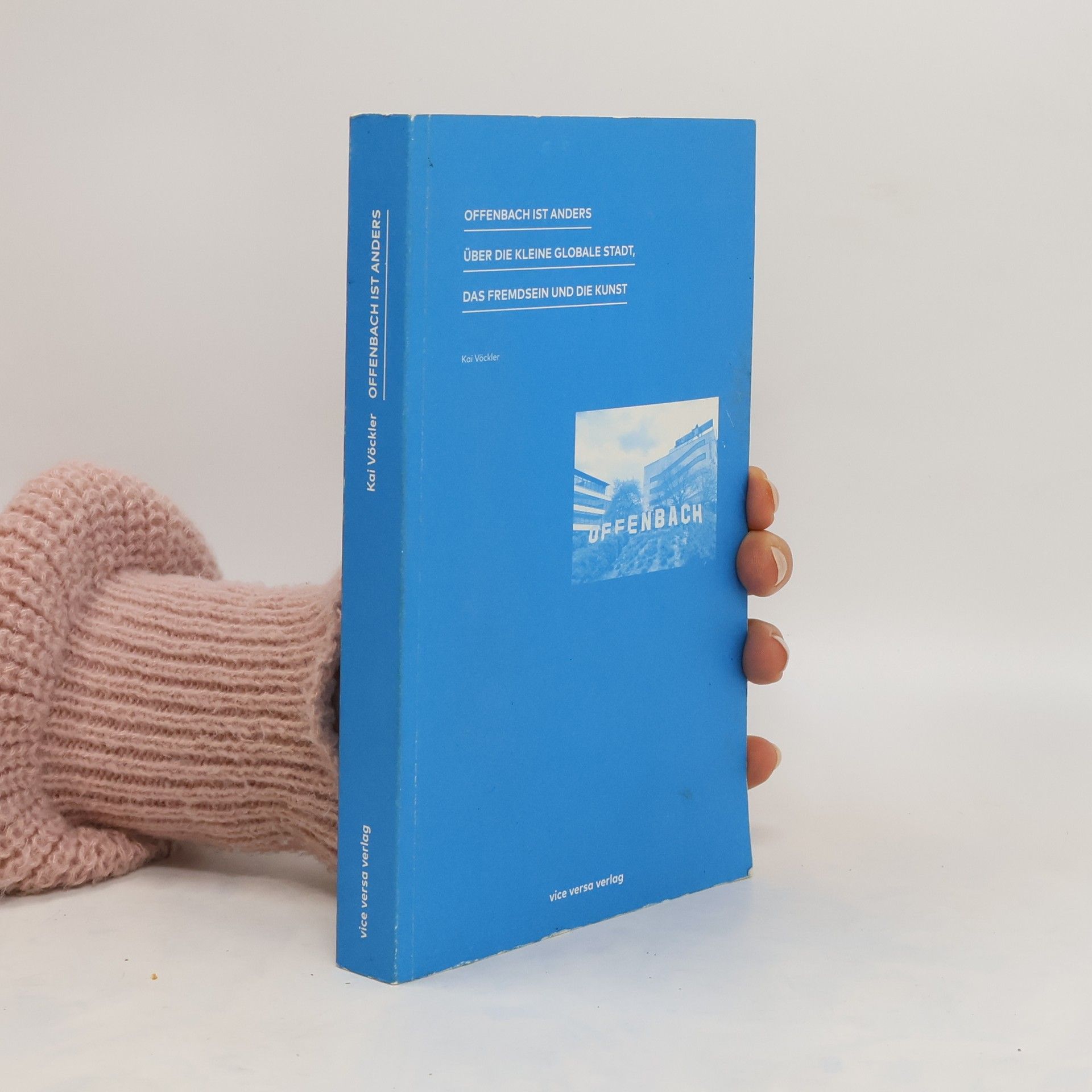Mobility design - shaping future mobility
- 256 pages
- 9 hours of reading
Climate change and increasing resource scarcity together with rising traffic volumes force us to develop new environmentally friendly and people-oriented mobility options. New forms of smart mobility are becoming possible thanks to the expansion of digital information systems, and we will soon be able to reconfigure different modes of climate-friendly transport depending on our needs. These developments represent a significant challenge for the design of a wide range of different mobility spaces. While Volume 1 of this series focused on practical aspects, Volume 2 collects research methods and findings from the fields of design, architecture, urban planning, geography, social sciences, traffic planning, psychology, and communication technologies. The book's consideration of the possibilities and prospects of user-centred mobility design offers an important contribution to the ongoing debate around the mobility revolution.



